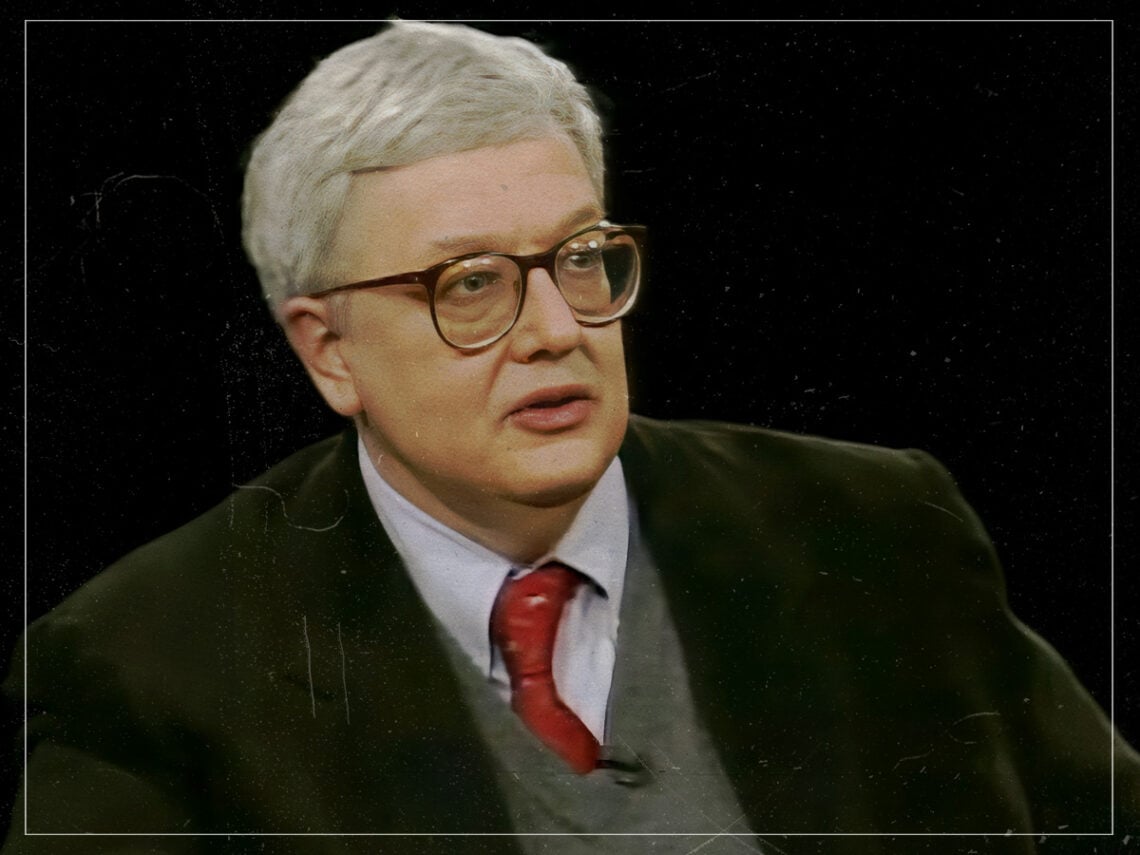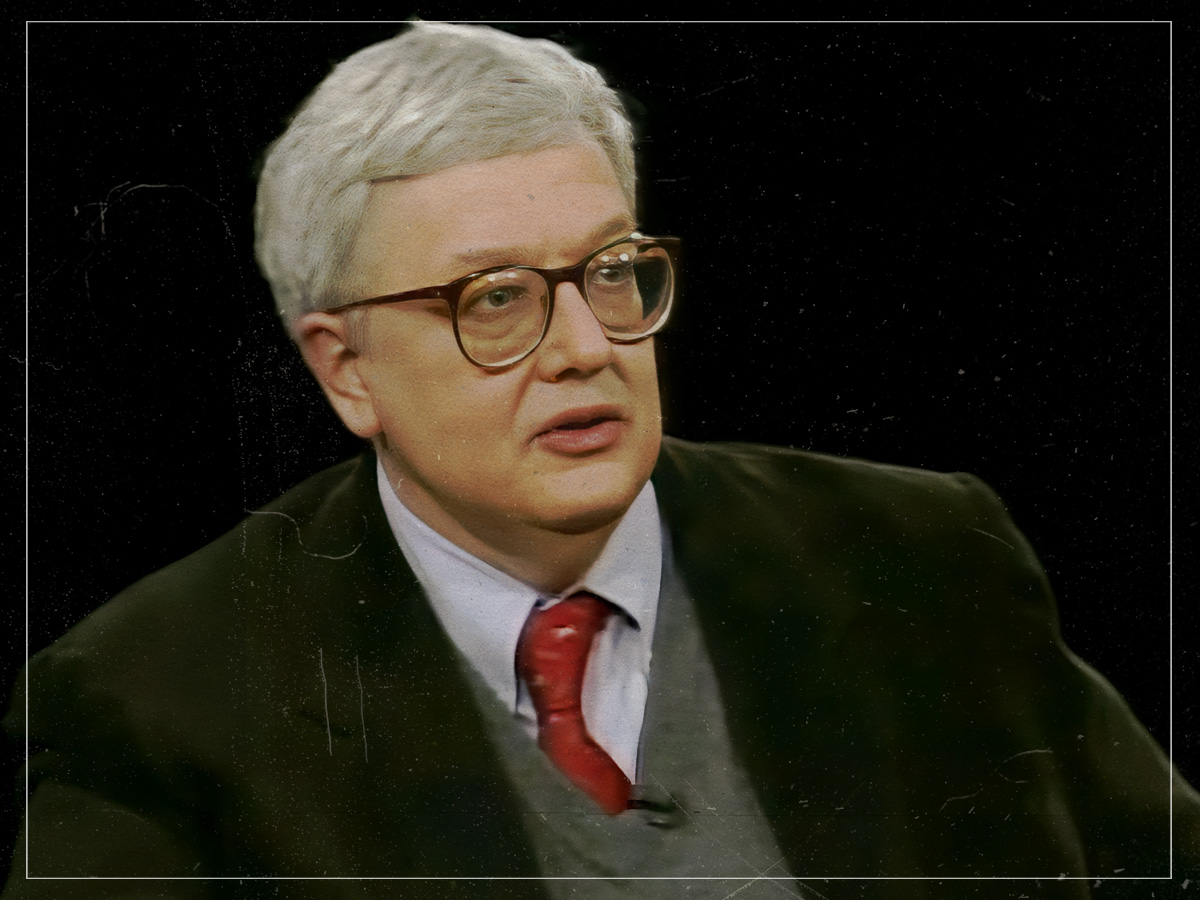
(Credits: Far Out / YouTube Still)
Sat 14 June 2025 17:45, UK
Just because a movie makes history doesn’t necessarily mean it’ll be any good. Roger Ebert found that out the hard way when he sat down to watch a controversial comedy film that left him completely and utterly aghast at what he’d just witnessed.
It wasn’t even a narrative feature either, but a stand-up comedy special. Because it was being released in theatres, though, it fell into the critic’s purview. By the time the credits rolled, Ebert wished it hadn’t after offering a scathing, withering, and objectionable assault on something he couldn’t believe had been created with the intention of making people laugh.
In the late 1980s, Andrew Dice Clay emerged as one of American comedy’s most polarising acts. While he played to packed houses on sellout tours and Hollywood desperately scrambled to capitalise by turning him into a movie star, which didn’t work as The Adventures of Ford Fairlane proved, his material was constantly under heavy fire.
Nothing was off-limits for Clay, who sought to deliberately offend. It earned him a sizeable following, but he inevitably ran into trouble when he decided to take his near-the-knuckle style to the widest possible audience, an audience that unfortunately included Ebert.
“Dice Rules is one of the most appalling movies I have ever seen,” he wrote in a zero-star review. “It could not be more damaging to the career of Andrew Dice Clay if it had been made as a documentary by someone who hated him. The fact that Clay apparently thinks this movie is worth seeing is revealing and sad, indicating that he not only lacks a sense of humour but ordinary human decency.”
About that history being made: Dice Clay became the first stand-up to sell out two consecutive nights at Madison Square Garden, and those performances served as the backbone for Dice Rules. It also became the first film in motion picture history to be awarded an NC-17 rating by the MPAA exclusively for profanity.
The concert film had originally been set up at 20th Century Fox, which pulled it from the release schedule, partly due to its reluctance to be associated with NC-17 content and also because it was the studio behind Ford Fairlane and didn’t want to sabotage its own efforts to elevate Clay’s stardom.
It was then acquired by Carolco through its Seven Arts subsidiary, which shared the distribution with New Line Cinema. However, the chairmen of several prominent theatre chains refused to screen Dice Rules due to its graphic, offensive, and derogatory nature.
Ebert wanted everyone to know that Dice Clay “does not get one laugh from me in the 87 minutes of this film,” and he wasn’t alone. Dice Rules was savaged in all corners and fell flat at the box office, and it’s definitely in with a shout for being named among the worst history-making movies of all time.
Related Topics
